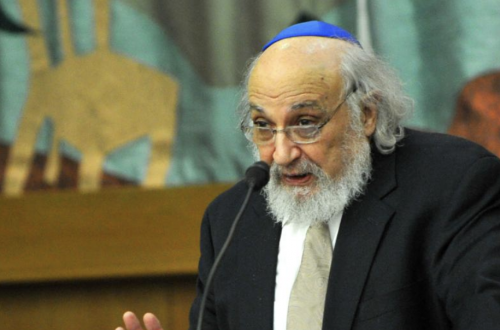This is a guest post by Dr Dr
This post is prompted by readers’ comments in a recent thread about the Norwegian academic Ola Tunander. I have no wish to defend his views, but that is not what concerns me here. Instead, I want to make three overlapping points.
1) Tarring with the same brush
It may sound like stating the obvious, but academics are not all the same. They don’t even all have the same political views. Though admittedly yes, in this country quite a few – especially the more politically active – would consider themselves on the ‘Left’. So what the militant leadership of the UCU get up to shouldn’t be taken as representative of the 100,000+ members they claim to represent.
2) False authority
Ignoring the UCU activists, most of whom – there are always exceptions – have made little or no impact in their field through publishing highly regarded scholarship, there is still a real problem. Put simply, being an expert in one field does not make you an expert in another. It was the Argentinian writer Jorge Luis Borges who said something like ‘there is nothing so ignorant as an academic outside their own field of expertise’. As a rule of thumb this is pretty good, though again there are exceptions. But in practice what that means – to take the most high profile example – is that someone like Noam Chomsky can spout off about something he knows next to nothing and people will still take seriously what he has to say. Now Chomsky is (was?) quite brilliant in his field. But it doesn’t follow that he should be given a platform to talk about things he is not qualified to do so. That is a real problem: giving so-called public intellectuals a high-profile space merely because their political views sit comfortably within a particular media organisation.
3) Simplification
I can only speak here of my own field, which is a very-long established and highly respected discipline within the humanities. What many people don’t seem to grasp is the massive distance between popularisations of what I do and what experts in my field actually do. Here I must declare an interest: I have published well over a quarter of a million words (all peer-reviewed) mainly – but not always – aimed at fellow specialists. When we talk about what we do, even to students, we simplify. The more advanced the student, the less simplification is needed.
When I watch documentaries on my general area I sometimes see 10 or more years of research simplified into a short sentence. A career’s worth of research can be covered in 30 accessibly seconds. What that means – when done well – is good television. It helps spread the word about what we do outside the narrow confines of the University. But publicity comes at a price. It creates false impressions: that what we do can be understood with little or no training, and without years of hard work mastering the basics of our discipline (the best of us are still learning and capable of changing our minds).
And here I want to go back to Chomsky. He made a very interesting point about ‘concision’ – the idea that in the modern media age, with news channels worrying about viewing figures, news reports must be less than two minutes long and preferably attention grabbing. Information has to be condensed, ideally dramatically, while politicians have learned to speak in sound-bytes. There is no room for complexity, for untidiness. Just as the documentary is a simplification, so too is the news. And very often it is packaged to conform to pre-conceived views; views that are sometimes supported by the false authority of academics talking about things they are not qualified to do so.
At a time when the Con-Dem government is cutting University funding, I think it’s important that they are not given good reason to do so. Challenging some misconceptions about academics so that they are not all tarred with the same brush, so that their hard-earned qualifications and expertise within their own fields are treated with some respect, goes a little way to helping the Universities make their case.

